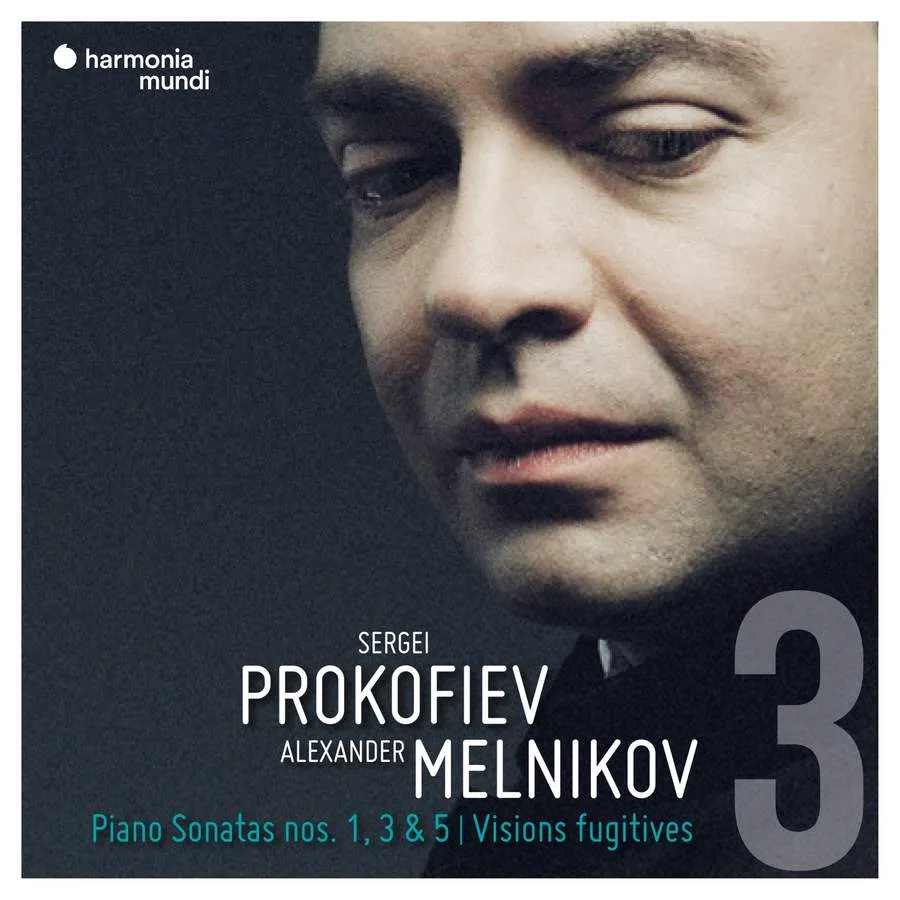
Prokofiev Piano Sonatas Nos 1, 3 & 5; Visions fugitives Alexander Melnikov (piano) Harmonia Mundi HMM902204 49:53 mins
With the three so-called ‘war’ sonatas 6, 7 and 8 covered in the two previous releases, you might think that the third instalment of Alexander Melnikov’s Prokofiev cycle is a mopping-up job. But Melnikov is far too intelligent and imaginative a pianist not to make a special argument for each sonata. No. 3, put together in 1917 ‘from old notebooks’, includes most of the ingredients that would haunt the works of the late 1930s and early ’40s, including a brief white-note retreat into dreams. Melnikov propels its essential 12/8 momentum with clarity and character, showing how different it is from the same metre which informs the Rachmaninovian No. 1. There’s more nuance, rhythmic flexibility and dynamic contrast than I’ve ever heard before in this piece of relative juvenilia, reminding us that Melnikov is a peerless interpreter of the older composer.
The pianist has his own take on the wonky neoclassicism of No. 5, heard here in the substantially revised form Prokofiev gave it shortly before his untimely death in 1953, though it still belongs emphatically to the 1920s. He’s justified in introducing disquiet right at the start, despite the ‘tranquillo’ injunction; nothing is ever settled in this unique case among the sonatas. And it was clever to follow with the earlier Visions fugitives, which begin by making a similarly ambiguous play around C major. If you want to sample Melnikov’s uniquely subtle artistry, try the 31 seconds of No. 6, ‘con eleganza’, or the trance states of Nos 17 and 18. Extreme sensitivity here justifies Prokofiev’s reaching ou
t for the ineffable.
David Nice
More reviews

